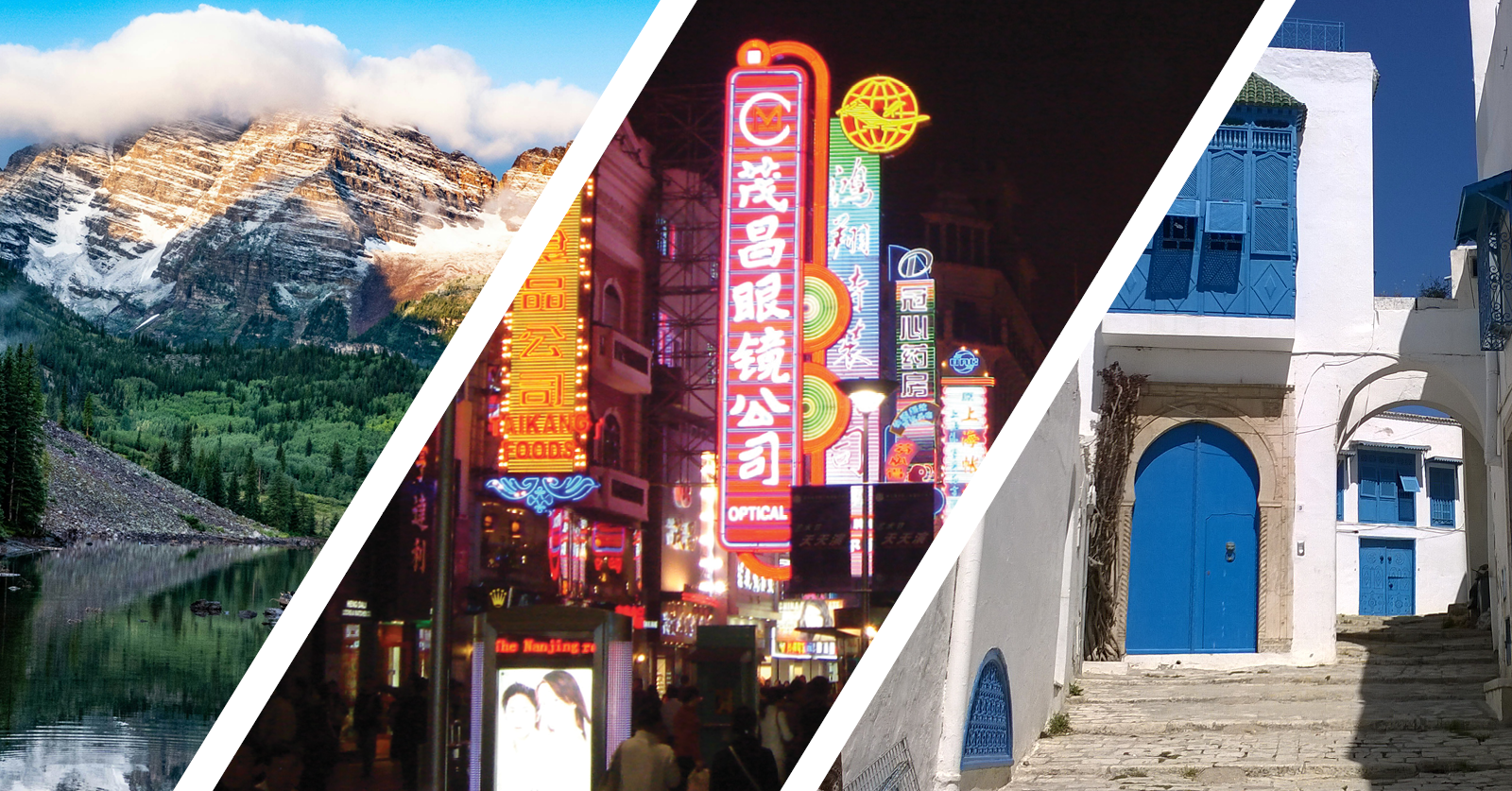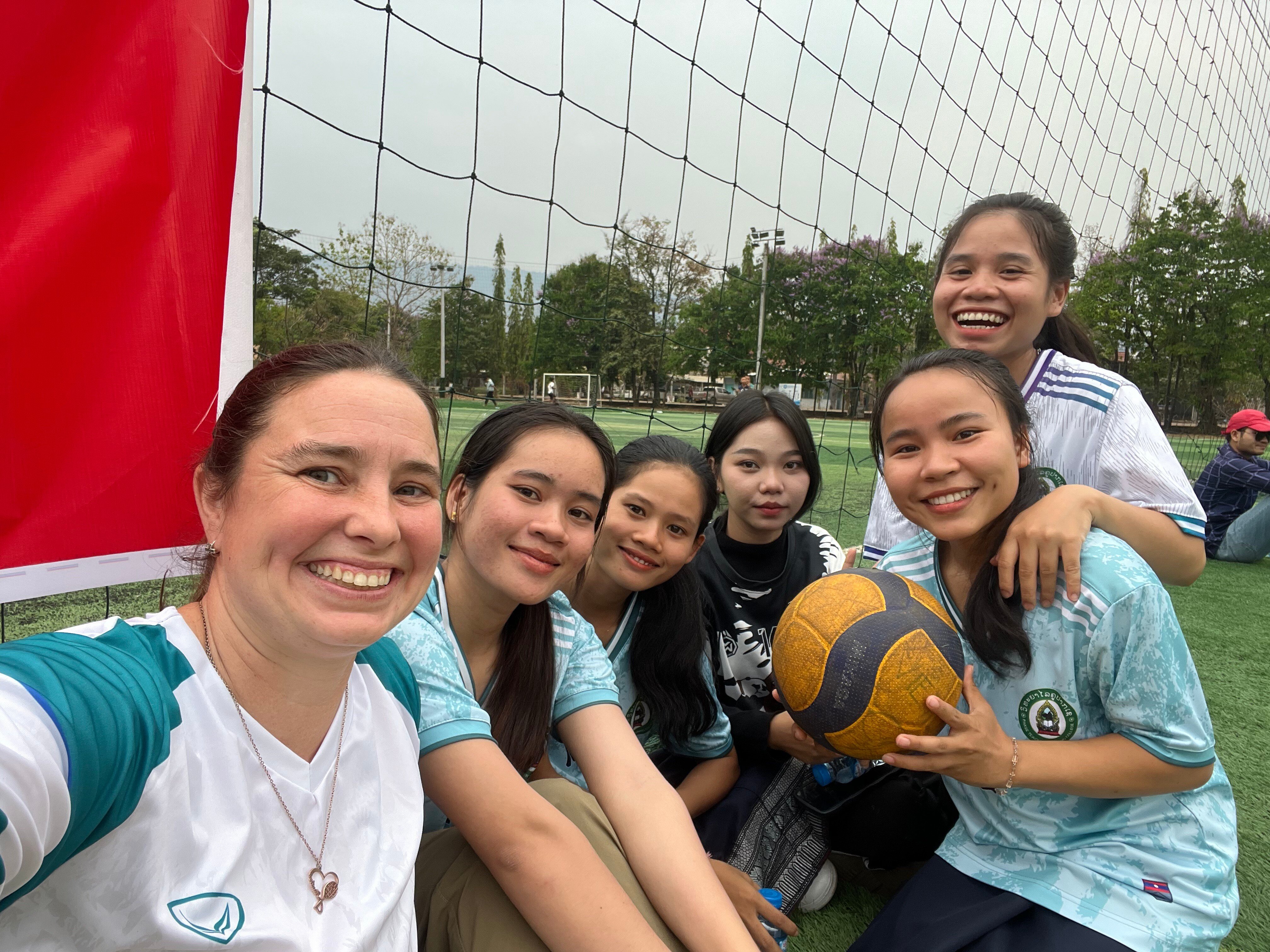ELIC’s work is driven by two main beliefs. We believe that high-quality English education improves people’s lives, and we believe in the value of cross-cultural community.
Teaching overseas gives us a close-up view of all that can grow from the seed of community across cultural boundaries. Things like:
- Empathy for others and their perspectives
- Lives enriched by the enormous generosity and cultural variety of our hosts
- A growing heart for people different from us as we discover all that we have in common
These impacts are why we make building cross-cultural communities an intentional part of our work. So of course, we want to do it as well and efficiently as we can.
“Efficiency” can sometimes be over-simplified as a synonym for “speed,” but it is better defined as achieving the highest productivity with the least waste of resources to accomplish a goal.
Consider what teachers might cut from their schedules to increase efficiency as they build community:
Non-Teaching/Planning Time with Team
This time isn’t cross-cultural or essential for the teaching side of the work, so maybe it’s disposable.
No way! Living on a team that shares a similar cultural background and approach to life is a significant part of what makes long-term overseas work sustainable. Time that seems unproductive is actually essential to keeping those internal team relationships healthy and giving teachers a home base where they can recharge emotionally and physically.
Surface-Level Time with Students
It’s clear that deep discussions about life grow people’s understanding of each other’s perspectives and draw them closer. But surely that chatting-about-the-weather stuff isn’t that important.
Oh, but it is! If we are only interested in our friends when they are telling us something deep and personal or teaching us about culture, are we really friends? All friendships start on the shallow end and then grow deeper. Just enjoying time together is a huge part of the fabric of authentic communities. Experiencing the whole range of life’s moments is required to get to know people well.
Doing Nothing
Surely, by definition, doing nothing is a waste of time that could be cut to make teams more efficient!
Nope! Even doing nothing is important. The fact that we need rest almost goes without saying, but rest can look different for different people (think extroverts and introverts), and we need varying kinds of rest for multiple types of exhaustion. Sleep may help us recover physically, while time awake but not working is needed to ease a tired mind. And laughter can help us rest from emotional exhaustion. Whatever methods people use to recover, that time is essential to moving through the rest of life effectively.
Each individual in a community has value starting long before the group begins to come together, and all kinds of time spent together are productive, even essential, to see the fruit of multicultural friendships. None of the "time in production" is wasted.
Top efficiency in communities is slow. Day by day, a chat about the weather, a board game, a new food, a cultural slip-up, a shared burden, a good laugh, a real friend—and a beautiful new kind of understanding is born from a cross-cultural community.




